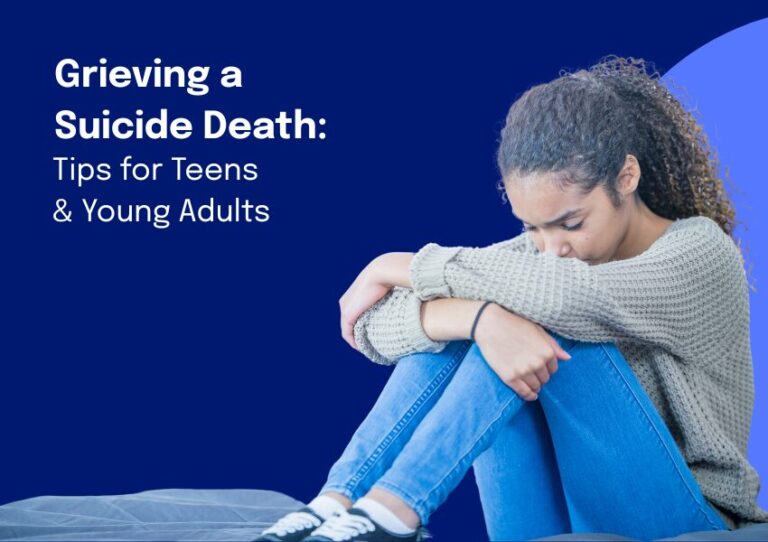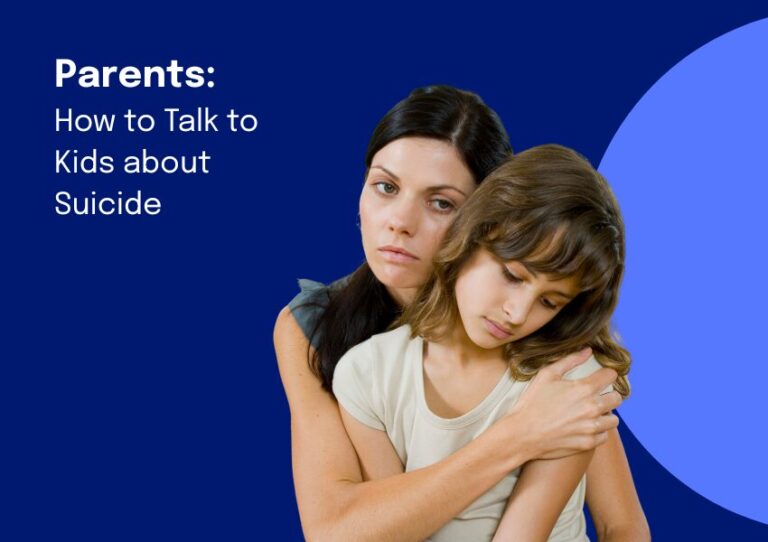Suicide Grief for Adults: Sticky Questions

Sticky Situations
Below are three scenarios that illustrate shared experiences of survivors of suicide. They are meant to help you understand that you are not alone and that being prepared for questions is an important coping mechanism.
Your oldest child has taken her life. You have two other children. Some months after the death you are introduced to an individual who is not familiar with you or your family. In addition to asking the usual getting to know you questions, like “What do you?’ the individual asks “Do you have children?” When you answer “Yes”, the next question is “How many?” What do you say?
- Many parents who have lost a child wrestle with the right response. The answer that is right is the answer that feels most comfortable to you. In this situation, you might say, “I have three children” or you might tell the questioner that you have two. Some parents decide to say that they have two living children and another who died suddenly. You will be most comfortable with your answer – whatever it is – when you think ahead and anticipate how you would respond if/when asked.
Your partner has died by suicide. When you return to work, you are approached by a colleague who politely and gently expresses interest in knowing more about his death. The co-worker asks “How did he died?” and “Did you find him?” What do you say?
- You are in control of the answer, so respond in whatever way feels right to you. You are under no obligation to provide any details that you do not want to share. Your co-worker may not have any idea how challenging or upsetting the questions may be. Her questions probably have more to do with trying to make sense of this unexpected and unexplainable tragedy. Just like with the questions above, think about how you might want to respond, if this kind of situation occurs.
Your sibling died by suicide five years ago. You occasionally still find yourself tearful, especially when reminiscing about the way you enjoyed his taunts and teases. Some in your family feel that you should have “moved on”, saying things like “Hasn’t it has been long enough?”
- It is not unusual to continue to experience sadness many years after a death by suicide; there is no prescribed time frame for grief and everyone grieves differently. If your grief interferes with functioning at work or at home, then get help – no matter if it is close to the time of death or many years later.
Suicidie Survivor Groups can be very helpful. If you are a survivor of suicide, please visit this page to find a group near you.



